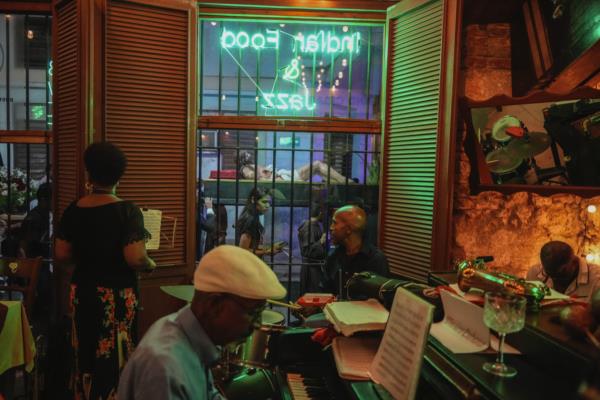
In Cuba, a country with a rich history of religious diversity, various faiths coexist in a tapestry of beliefs and practices. Despite a past marked by government restrictions on religious freedom, today, religion plays a significant role in the lives of many Cubans.
Catholicism, with over 60% of the population baptized, remains a dominant faith in Cuba. However, the religious landscape is far from monolithic. Afro-Cuban traditions like Santeria, which blend elements of Catholicism with African spiritual beliefs, also hold a prominent place in Cuban society.
Other religions, such as Islam, Judaism, and various Protestant denominations, have found a foothold in Cuba as well. The Jewish community, tracing its roots back to the early 20th century, continues to practice its faith, often incorporating Cuban customs into their traditions.
Islam, though a minority religion in Cuba, has seen growth in recent years, with the opening of the first mosque in Havana in 2015. The Muslim community, numbering around 2,500 people nationwide, has become an integral part of Cuba's religious tapestry.


















Furthermore, the presence of evangelical Christians, LGBTQ+ Christians, and followers of diverse faiths like Buddhism adds to the religious mosaic of the island. Despite past government restrictions on religious practices, Cuba has witnessed a resurgence of religious freedom in recent years.
While challenges remain, including issues of registration for certain religious groups and access to state-owned media, Cuba's evolving religious landscape reflects a newfound openness to diverse beliefs. The coexistence of different faiths, from Catholicism to Santeria to Islam, underscores the rich spiritual heritage of the Cuban people.
As Cuba continues to navigate its complex history of religion and politics, the diverse expressions of faith across the island serve as a testament to the enduring power of belief in shaping individual and communal identities.







